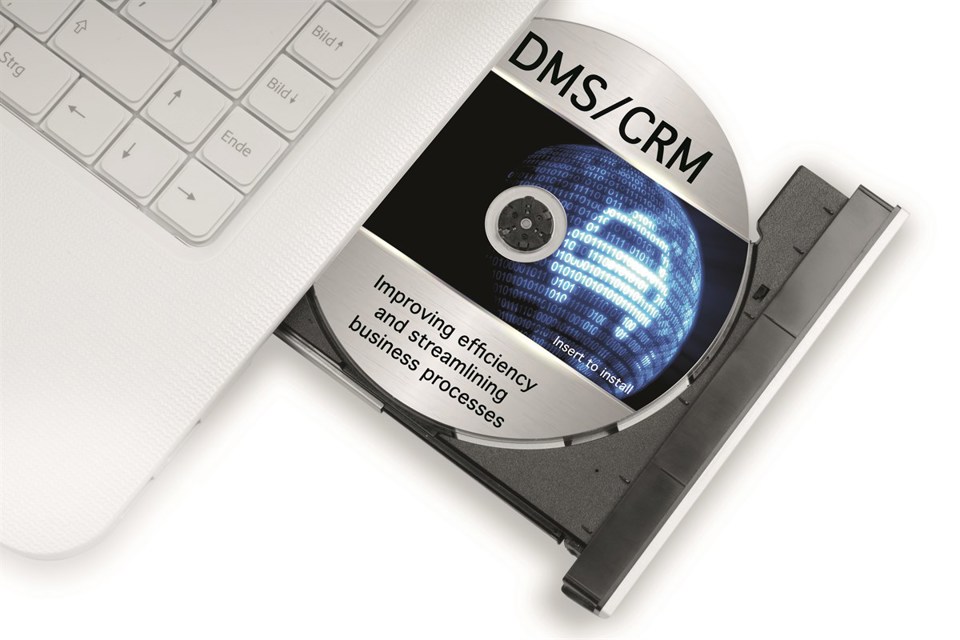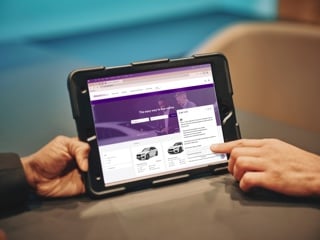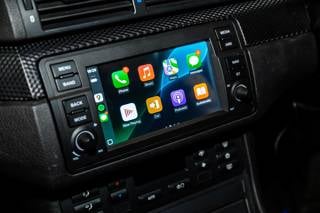Demonstrator and courtesy car management
According to Cooper Solutions, fleet control and driver insurance are fundamental challenges in managing courtesy and demonstrator vehicles. It is essential to know who is driving which vehicle and when, if for no other reason than allowing any fines and tickets to be forwarded to the driver in question.
Insurance also needs effective systems. It’s rarely practical or cost-effective for customers to make their own insurance arrangements and if using the dealer’s own policy, the consequences of any claim could easily be higher premiums.
Dean Pipitone, Cooper Solutions director, said, “It’s much better to ringfence the risks and offset fleet insurance to a third party. Claims will not affect the dealer’s policy. The car is insured, the driver is driving legally and the dealership is protected.”
The use of mobile devices for demonstrator fleet management and insurance processes is making life easier. Customers can complete the formalities at the point of handover, whether in the vehicle or reception area.
In the near future, dealers will be able to access driver licence details online and generate a simple yes or no response to whether a driver meets insurance criteria.
“Developments the scrapping of the ‘green counterpart’ are likely to see greater demand for integrated fleet and insurance management tools” said Pipitone.
Management information and accounts reporting
For dealers, harnessing the value of data easily and quickly is an ever-present challenge.
In looking to do things better and improve efficiency, DMS provider Pinewood advocates a simple review of dealer processes, citing examples such as manufacturer bonuses, sales commissions, vehicle invoicing and part-exchanges coming into stock.
It is important for a dealership’s leadership team to fully understand where to find the information.
Pinewood director Stephen Meadows said: “A mentality of ‘prove it’ will improve the transparency of information that can be drilled down to finite detail.
“It’s impossible now for a dealership to operate without quality management information applications, backed by the ability to explain why a particular decision is made.”
Access to data will continue to be highly significant for dealers wanting to make the most of their systems and to drive their businesses forwards.
Integration to social media, manufacturer information, online and customer satisfaction index (CSI) feeds are likely to feature more prominently in management information processes.
“Self-service access to data will allow business analysts to select specific data and create meaningful and actionable insights, as well as presenting it in a way that means something to their business,” said Meadows.



















Login to comment
Comments
No comments have been made yet.